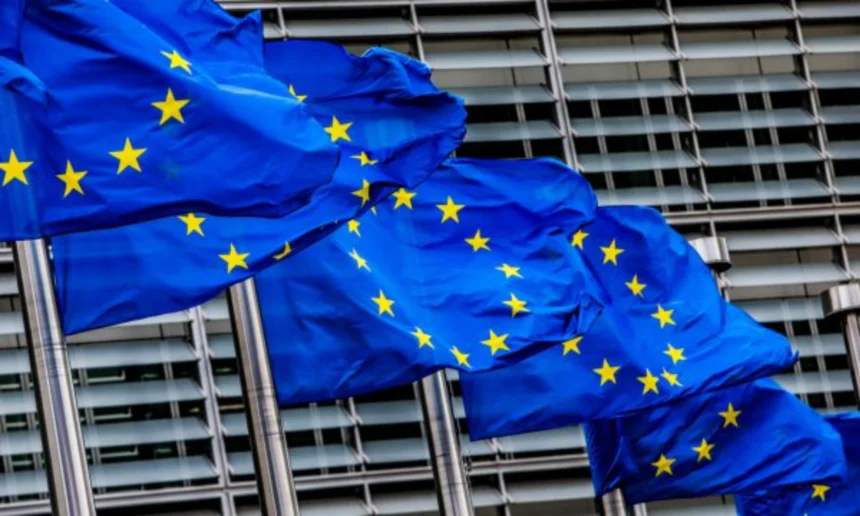Kosovo has been included in the European Union’s list of seven countries considered “safe,” in an effort to expedite the return of migrants and make it more difficult for citizens of those countries to seek asylum within the bloc, AFP reports.
The European Commission announced that it is proposing Kosovo, Bangladesh, Colombia, Egypt, India, Morocco, and Tunisia to be designated as “safe countries of origin.”
“Many member states are facing a large number of unresolved asylum applications, so anything we can do now to support faster decision-making on asylum is crucial,” said Magnus Brunner, the EU Commissioner for Migration, while presenting the list of countries.
It is now up to the European Parliament and the Council to agree on this proposal.
Asylum seekers coming to the EU from these seven countries may face the rejection of their applications and potentially a return order, according to the EU’s new rules.
The number of asylum seekers from Kosovo in the EU has increased since the visa liberalization on January 1, 2024.
More asylum requests were only seen in 2015/2016, when tens of thousands of Kosovars emigrated to the EU via illegal routes through Hungary.
France has been the main destination for Kosovars seeking asylum in the EU since 2018, when it first overtook Germany as the primary destination.
Brussels has been under pressure to curb illegal migration and streamline the deportation process, as the worsening public opinion regarding migration has fueled the rise of far-right movements in some countries.
Led by countries with a tough stance, such as Sweden, Italy, Denmark, and the Netherlands, EU leaders in October called for the development of new legislation to increase and expedite migrant deportations and also asked the Commission to explore “innovative” ways to combat illegal migration, reports REL.
In response to these demands, last month the Commission introduced a reform to the deportation system, paving the way for member states to create centers for the return of migrants outside the EU.
Currently, less than 20% of individuals who have been ordered to leave the bloc have been returned to their countries of origin, according to EU data.







